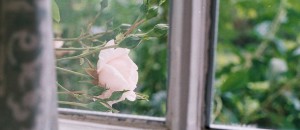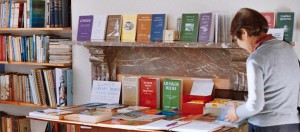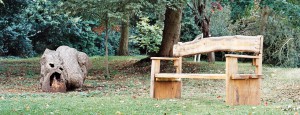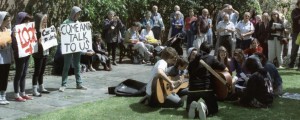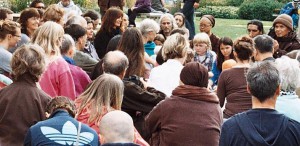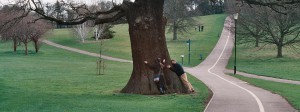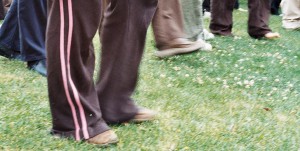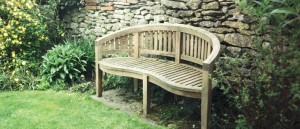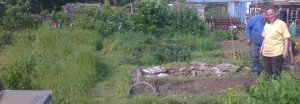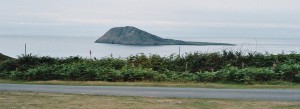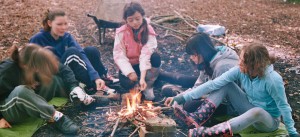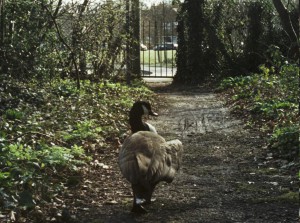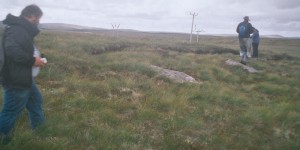Roger Seal in a letter to the Friend (p8 17 October 2014) notes that “Ben Pink Dandelion in his Swarthmore Lecture spoke of ‘(our) experience of encounter (that is with the Divine) transforms our sense of the world around us’ and ‘we are transformed.’ “ and asks about Friends experiences of this.
My experience is that transformation may be gradual, one step at a time, more like a tadpole becoming a frog than a caterpillar becoming a butterfly.
Reviewing my experience of Yearly Meeting Gathering at Bath in August (which I’ve been doing for feedback sessions in my Area and Local meetings this month) I notice one area in which my view of the world was transformed in the course of Yearly Meeting Gathering.
I went to Yearly Meeting Gathering with a sense of distress, hopelessness and inadequacy about several situations of conflict in the world that were currently, or recently, prominent in the media – Ukraine, Gaza and Iraq in particular.
I have noted in my journal on 5/8/14 while sitting in the Big Top in the opening worship part of the morning session ‘dying is not wrong, it may be, and usually is, sad, but it is not wrong. Killing is wrong, it damages our spirits’.
On the Thursday evening (7/8/14) I attended the extra meeting for worship where we held the world’s conflict areas in the Light and wrote in my journal: ‘Very moving and worthwhile and good to be able to acknowledge and respond to current needs when our formal agenda can’t. We can at least channel love’.
I was very appreciative of the statement about the situation in Gaza that we were offered the next day, and which was issued, after further checking, shortly after Yearly Meeting Gathering. I realize that it is very difficult to agree statements on these issues and that some Friends are still uneasy with this one.
I, personally, individually, note two transformations in me, arising from this experience:
I am now regularly holding in the Light those involved in areas of conflict in the world – especially those who are doing the killing and destruction and those who are giving the orders for it.
I find myself empowered to engage in correspondence with my MP about the situation and to ask for his support regarding the requests made in the Britain Yearly Meeting statement (beginning with the recognition of Palestine as a nation state).
So a transformation in the way I see the world and in myself. Neither is huge, but both are definite changes.
Do they come from within or without? (As Roger Seal also asks.) Yes.

